Stanisław Michalski
Nascimento : 1932-09-03, Wilno, Polska (obecnie Litwa)
Morte : 2011-02-01
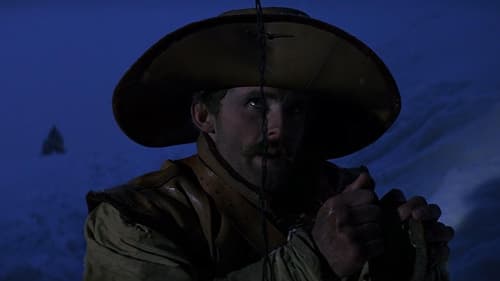
Jaromir Kokosiński
The Deluge Redivivus is a new remastered cut of the original Polish “The Deluge” from 1974 that was released for the film's 40th anniversary in 2014.
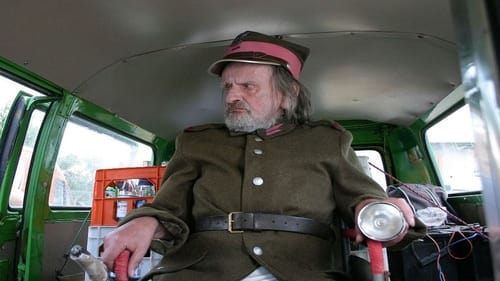
pułkownik
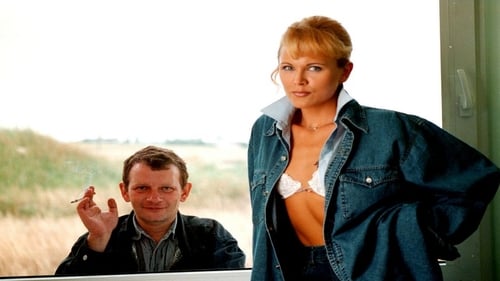
Engineer Kawecki

recepcjonista
Twenty years old prostitute and drug addict, Jola, by chance meets Andrzej, a "railway station gay". They try to stay together, in spite of numerous diffculties. They both are carriers of the HIV virus. At the end of their travels they find themselves in the Red Palace - formerly the recreation centre for Party dignitaries, now a home for AIDS sufferers - which is run by father Jan. In the nearby small town aggression begins to grow again the unwanted guests; the house have been promised to the local people for housing purposes... The lives and fates of Jola, Andrzej, and father Jan become increasingly intertwined with one another...

sierżant policji
Zbyszek Butryn returns to Poland from exile to help win the Solidarity elections. His children, staying in orphanages, who intend to find him, learn about his father's return.
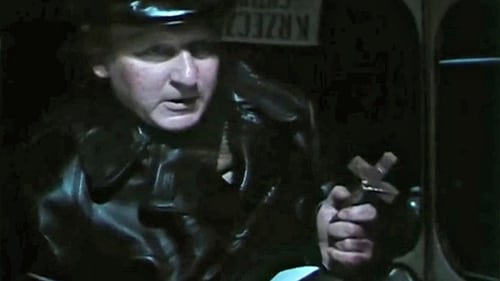
gajowy Dragan

Tadek

Kamelhar
Soon after the end of the war, a former officer moves to a small seaside town in the Recovered Lands. The situation in this post-German territory is still unsettled.

Based on actual events in 1982, the film recreates a hostage-taking in Switzerland. Four men storm the Polish embassy: a criminal, a crazed killer, a student and an idealist. When the embassy is stormed by the police, the four captors react differently.

Ewa is a young ambitious engineer who starts to work for the team of an acclaimed architect Jerzy. Gradually she becomes aware of the bizarre relations he has with his wife and lovers.

Michaj
Film directed by Wladyslaw Slesicki.
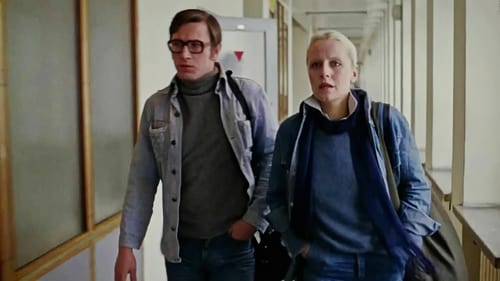
przewodniczący Rady Zakładowej w stoczni
Um trabalhador comum que se torna um “homem de ferro” forjado pela experiência, um filho que faz as pazes com seu pai, um casal que se apaixona, um repórter buscando coragem para mudar sua vida e uma nação inteira passando por duras mudanças. Esses são os ingredientes deste filme de Andrzej Wajda, continuação de o “Homem de Mármore” (1977). Na Varsóvia de 1980, o Partido Comunista envia Winkel (Marian Opanian), um repórter alcoólatra e frágil, até o distrito de Gdansk, para descobrir os podres que estariam por trás das greves nos portos. Um dos focos principais dessa investigação seria o jovem Maciej Tomczyk (Jerzy Radziwiłowicz), um articulado trabalhador cujo pai foi morto durante os protestos de Dezembro de 1970. Fingindo interesse e simpatia, Winkel entrevista diversas pessoas que conhecem Tomczyk, incluindo sua esposa, a presidiária Agnieszka (Krystyna Janda). Ao fazer isso, Winkel se depara com uma realidade diferente da que ele imaginava.

Paweł, przyjaciel Jerzego
Jerzy and Zofia are offered a job in Africa. A married couple is faced with the dilemma of leaving or taking care of the man's mother and her sister.

Takes place on an ocean liner from Canada to Poland. It is a story of several people with pasts and problems stemming from uncomfortable confrontations. The main confrontation is between a Polish doctor with a heart condition meeting a man he knew before. Neither of them was willing to admit their differences from the college days. The meeting torments the doctor enough to start him drinking and dying of a heart attack.

komendant straży pożarnej

Kapitan statku
A Polish soldier settles on a small island, where he operates a lighthouse. Absorbed by reading, he does not fulfill his duties.
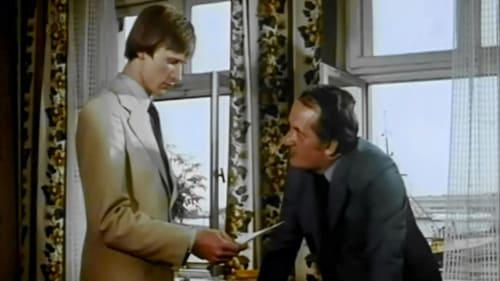
Nowaczyk, chief na "Orionie"
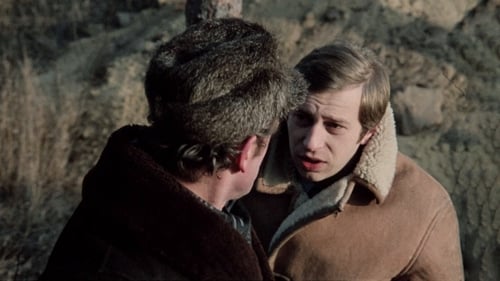
Bednarz é escolhido para liderar a construção de um complexo petroquímico. Firme e honesto, ele acredita que isso será o suficiente, mas Bednarz precisa lidar com o descontentamento de parte dos habitantes locais.

Gajowy
A married couple from the city goes to a lodge for the summer. Despite the idyllic surroundings, the woman is more and more anxious. The locals tell the story of a sunken tourist, the husband ignores his wife's growing fear. Meanwhile, a stranger comes to the house.

Panas
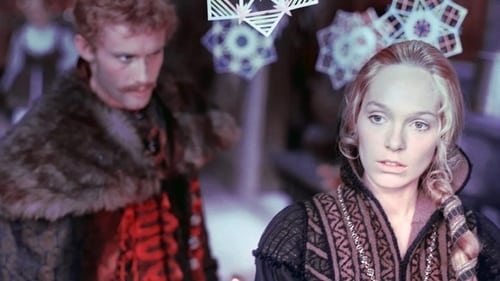
Jaromir Kokosiński
During the Swedish invasion of Poland, the brave warrior Andrzej Kmicic, considered a traitor to the nation, fights for a country, redemption and love across the 17th-century Polish territories.

Obuchowski
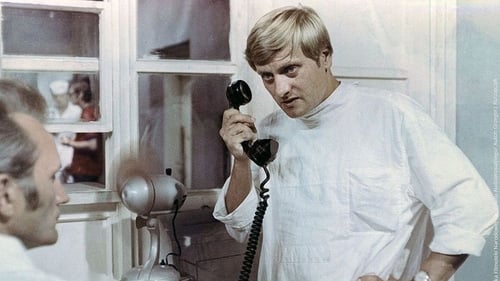
dyrektor Wilkoń
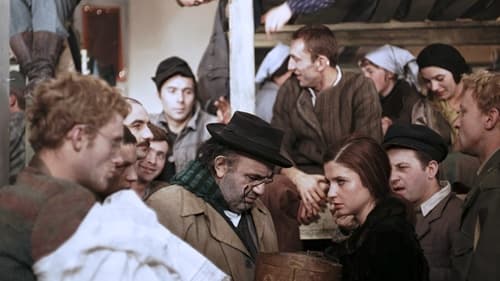
Zolnierz amerykanski
Film opens with the mad rush of haphazard freedom as the concentration camps are liberated. Men are trying to grab food, change clothes, bury their tormentors they find alive. Then they are herded into other camps as the Allies try to devise policy to control the situation. A young poet who cannot quite find himself in this new situation, meets a headstrong Jewish young girl who wants him to run off with her, to the West. He cannot cope with her growing demands for affection, while still harboring the hatred for the Germans and disdain for his fellow men who quickly revert to petty enmities.


After completing a project, a shipbuilder grows restless and travels the country on his motorcycle. He leaves behind his wife, a woman of virtue and responsibility, as he goes off on his amorous drunken escapades. He is part of a lost generation whose economic and vocational prospects have been severely limited in the decades following World War II. His summer cabin on the Baltic beach is torn apart by drunken revelers to feed a bonfire in this brooding and often depressing film.
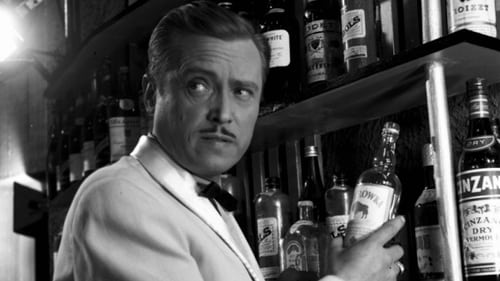
Militiaman
Polish police is investigating the series of a taxi drivers murders.

złodziej okradający kuter (nie występuje w napisach)

sierżant MO (1959) (nie występuje w napisach)

A short Polish black and white silent movie directed by Roman Polański. The film features two men who emerge from the sea carrying a large wardrobe, which they proceed to carry into a town. Carrying the wardrobe, the two encounter a series of hostile events, including being attacked by a group of youths (one of whom is played by Polanski himself). Finally, they arrive back at a beach and then disappear in the sea.

Farmer

bikiniarz na zabawie (segment 2)
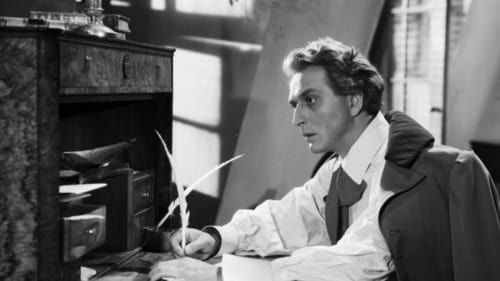
Street urchin (uncredited)
As directed by Aleksander Ford in 1952, this Polish-language period drama chronicles the life, times and accomplishments of revered Warsaw-born Romantic composer Frederic Chopin, here played by Czeslaw Wollejko (Danton). The feature focuses exclusively on the youth of Chopin (who died at age 39), spanning his 15th year (c. 1825) through his 21st year (c. 1831); it also depicts Chopin as both prodigiously gifted and one filled with a tremendous spirit of Polish nationalism. Ford concludes with the onset of the illness that eventually killed Ford, set against the backdrop of the famous November Uprising in 1830.

Boy-Scout (uncredited)
















